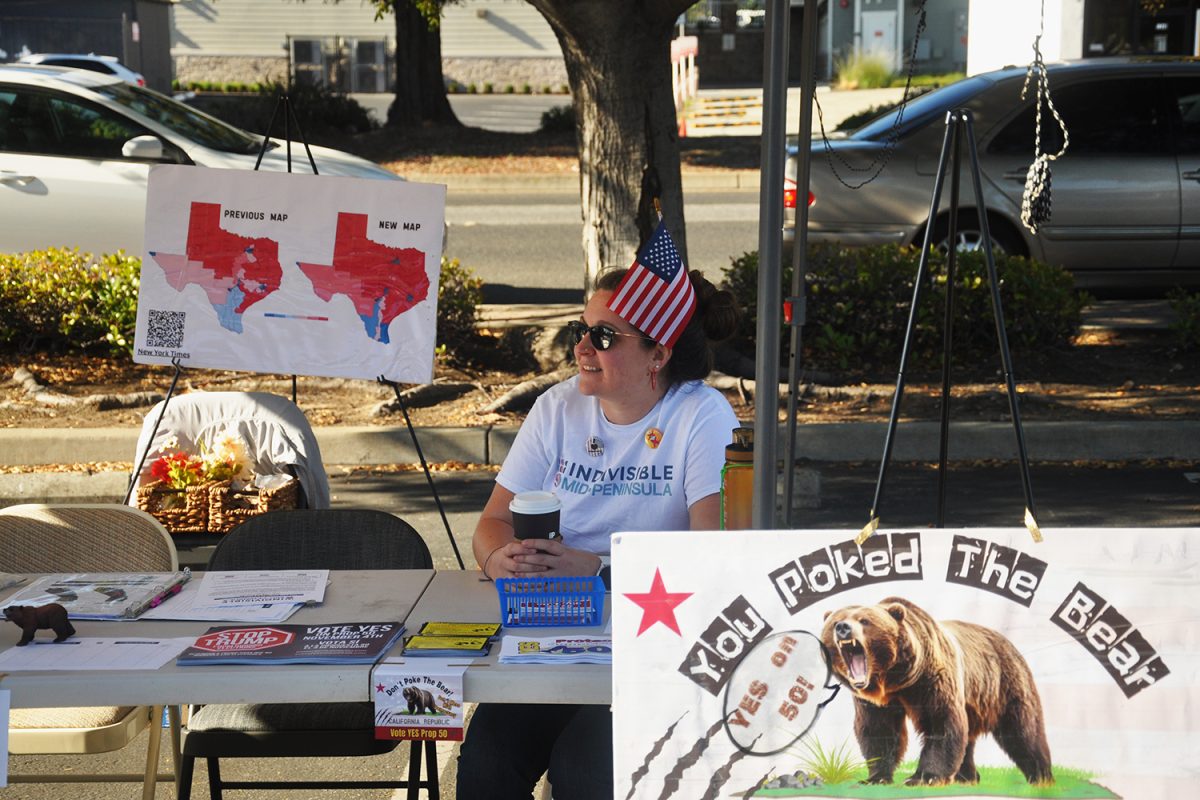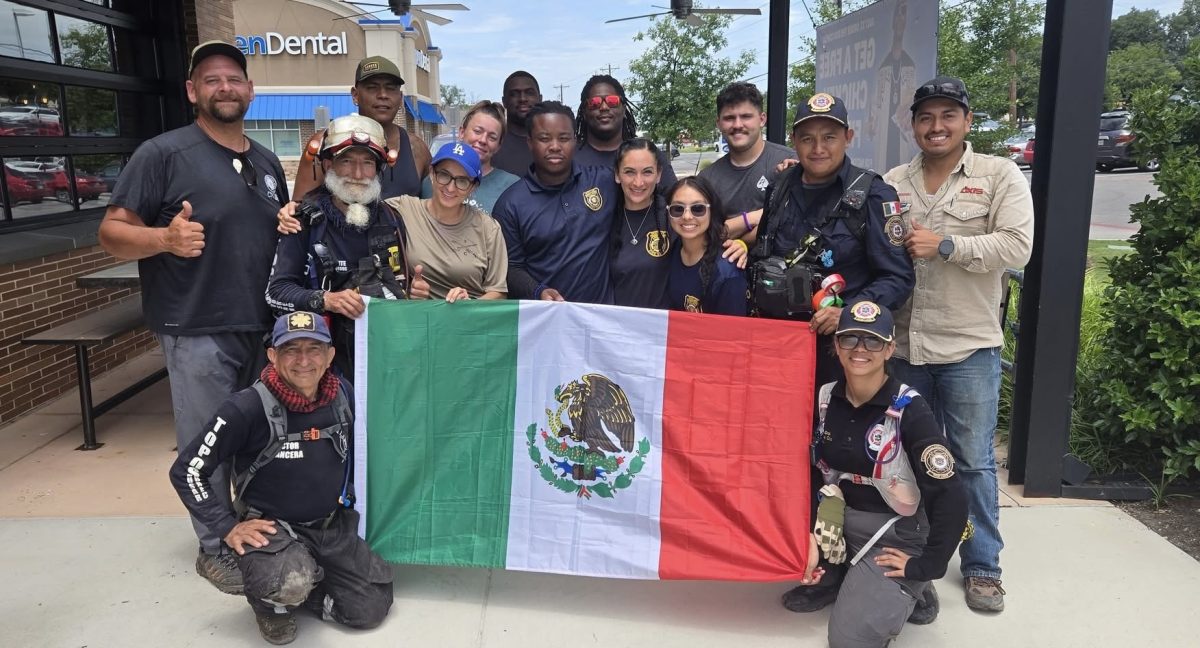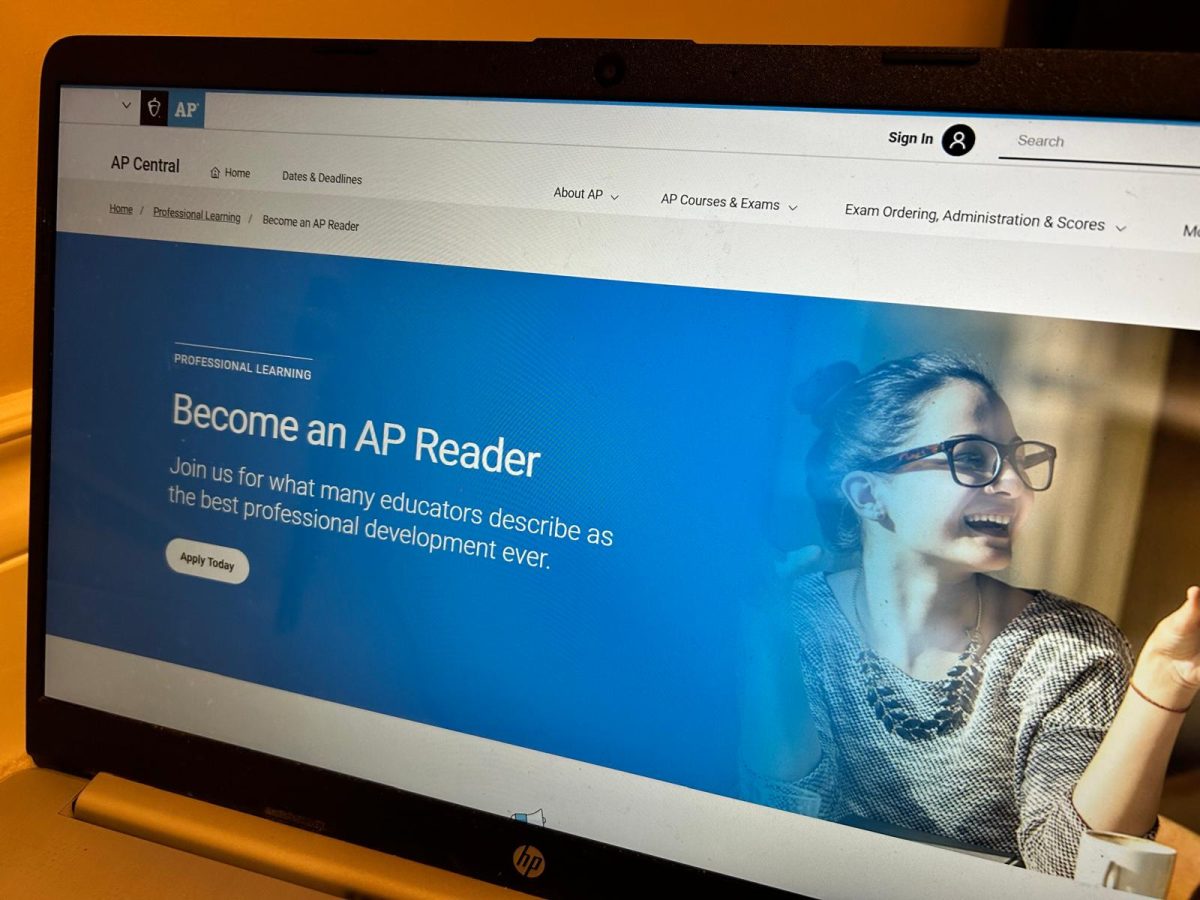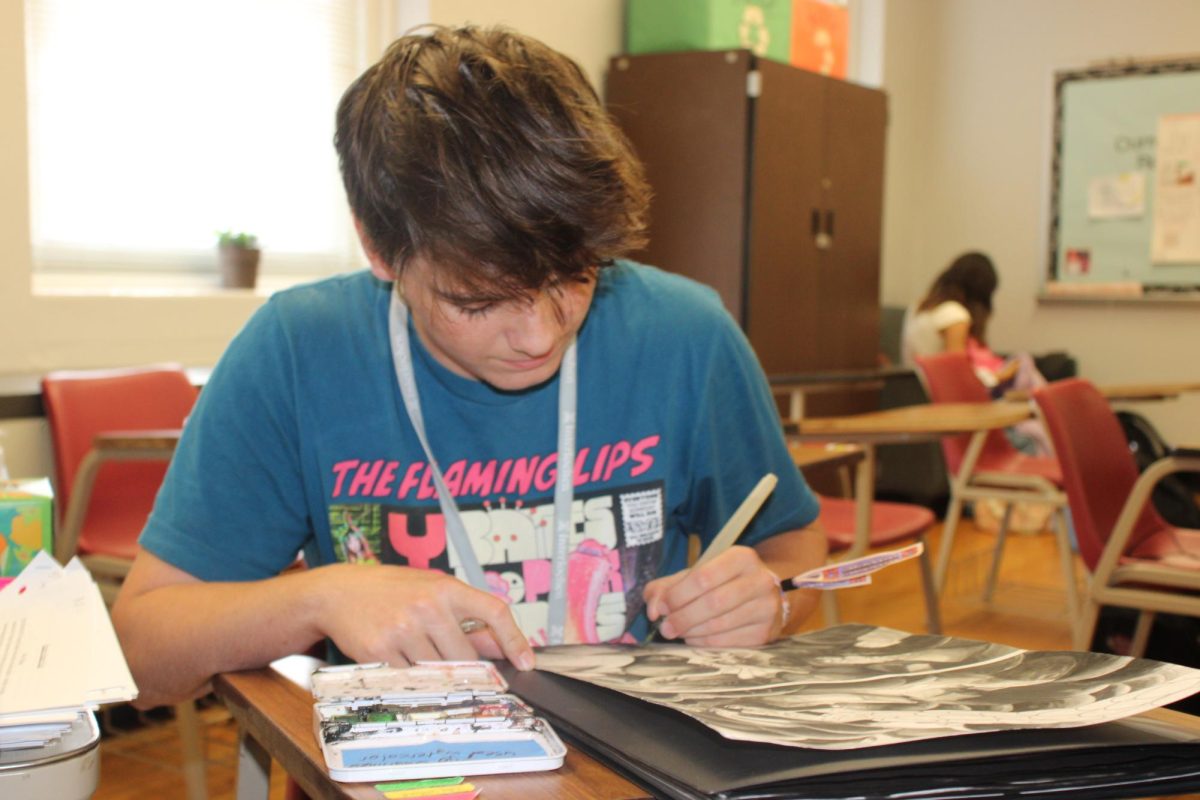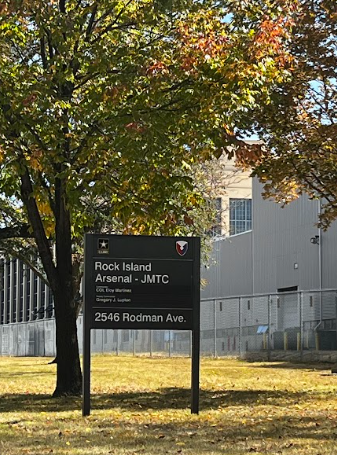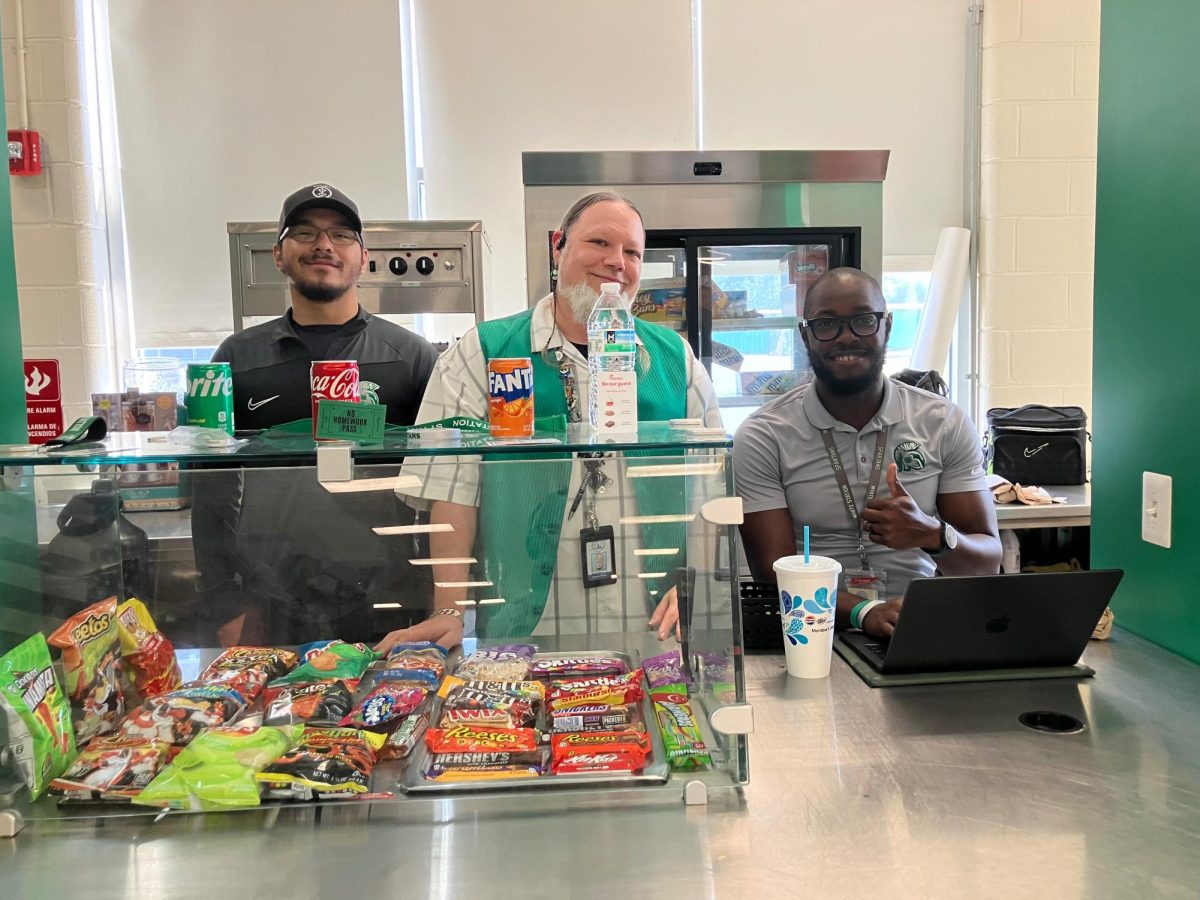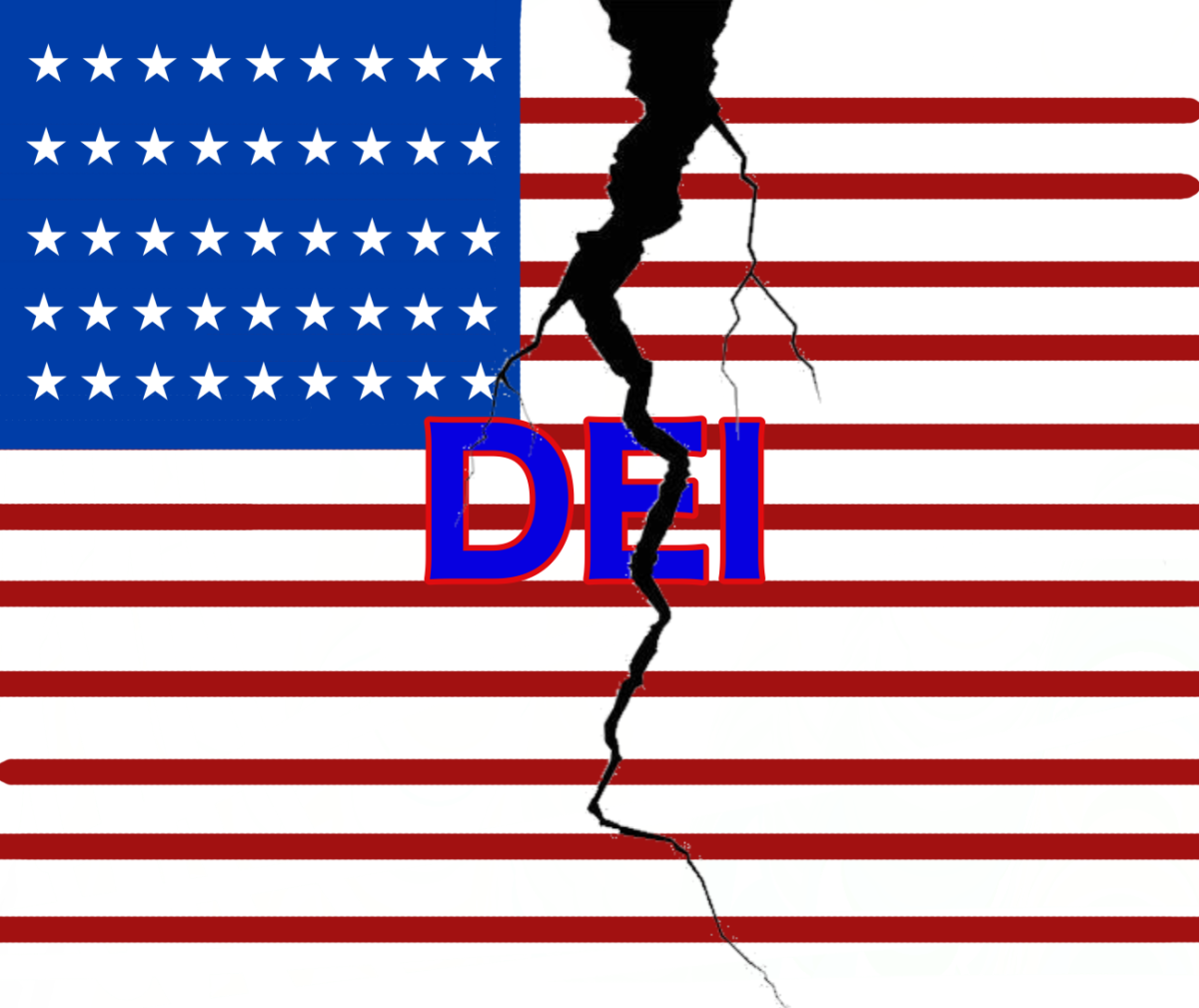Federal budget cuts may seem far removed from the daily lives of Los Angeles high school students. However, as the political landscape continues to shift under the second Trump administration, many students are beginning to feel the ripple effects of federal decisions.
One area drawing particular concern is the rollback of diversity, equity and inclusion initiatives. Since day one, the Trump administration has been signing executive orders to terminate “wasteful” DEI programs. This has caused the defunding of various government programs, such as the Environmental Protection Agency, the Department of Education and the Affordable Care Act.
Most notably, the Trump Administration has prioritized scaling back research initiatives, cutting funding to its lowest level since 2015.
For junior Josie White, that impact became personal this spring. White is involved in the science fair program at Archer and intends to pursue biochemistry after high school. After applying to a range of internships and research programs, White received unexpected news after applying to the Kimberly Quarry Summer Research Program.
“On the day decisions were supposed to come out, I got an email saying the program was defunded due to the change in administration,” White said. “It was a female-run scientific internship program, and they said there just wasn’t enough funding to keep it going.”
White’s experience reflects broader changes in federal policy. Since President Trump took office in January, the administration announced reviews of government grants tied to race-conscious and gender-based programming. In February, the Department of Education launched an audit of all federal support for DEI-related initiatives, canceling many youth enrichment programs nationwide.
According to Science Adviser, 58% of the canceled grants towards the National Science Foundation were led by women.
At Archer, the fallout is felt by students involved in leadership and identity-based programs. Junior Selah Johnson is a board member of the Black Student Union and an ambassador for Private School Village, a nonprofit organization focused on belonging for Black and Brown students attending school at predominantly White institutions. Johnson said PSV members are changing their messaging in response to the cutbacks.
“At Private School Village, we’ve had to literally go into our website and remove words like ‘equity’ and ‘DEI,’” Johnson said. “Because if we don’t, we risk losing sponsors or being targeted by new federal policies. We’re self-censoring just to survive.”
Johnson also attended the National Independent School Student Diversity Leadership Conference during her sophomore year. SDLC is an annual conference for student leaders to develop cross-cultural communication skills and learn networking principles. The 2025 conference was cancelled due to the “political and legal landscape.” Johnson discussed her disappointment following this decision.
“This kind of thing makes Black students feel even more isolated,” Johnson said. “Without programs like these, you lose the chance to connect with people who really understand your experience.”
Science teacher Mike Carter has been following changes to federal research and science funding closely. Carter is an adviser for Archer’s InvenTeam, a student-run engineering program. He says the changes have created uncertainty for students pursuing summer opportunities in STEM.
“Almost daily, we hear about cutbacks at government agencies or federally funded labs,” Carter said. “Outreach positions — especially the ones that connect researchers with students — are being cut.”
Carter noted that while private institutions like California Institute of Technology may temporarily shield their programs, many federally funded researchers are now unable to host high school interns or maintain community partnerships.
“It’s really quite scary,” Carter said. “It feels like the lead in scientific research that was built up during the Cold War is being squandered.”
White is an intern at Cedars Sinai, a private company. She said although it’s unlikely for private companies to be fully shut down, other aspects will still be affected.
“Just because it’s a private company doesn’t mean that other facets of it aren’t going to be affected,” White said. “There’s a pretty high chance that the production of medical equipment and the production of resources for scientists all over the U.S. are going to be affected.”
Despite the challenges, Carter remains optimistic about the long-term value of pursuing science. Uncertainty should not deter students but rather encourage them to explore diverse pathways for growth, including opportunities beyond national borders, he said.
“Even though the current moment is scary, the need for scientific research and innovation hasn’t gone away,” Carter said. “Students should consider internships not just in the U.S., but also with international institutions. This could be a chance to build global relationships and develop valuable skills.”
The impact of funding cuts goes beyond limiting research opportunities. White warned that reduced access to resources could discourage students from pursuing science.
“Not only will there be a limit to scientific research, but there will also be a limit to scientific inquiry. People will be less curious about the world because they’ll know that there’s less access to everything — which really sucks, because I find that a lot of my joy comes from scientific inquiry and asking questions,” White said. “People should be more vocal about their interest in science. Connect with congress members if you have access to that, and get them to advocate for you and try to stop DEI funding cuts.”
Johnson said she’s not stepping back in response to the DEI cutbacks. She plans to stay involved in advocacy efforts and is encouraging others to do the same.
“This is the time to lean in,” Johnson said. “If you care about equity and advocacy, get involved. Even small contributions can help hold these communities together while we regroup.”
This story was originally published on The Oracle on May 26, 2025.





